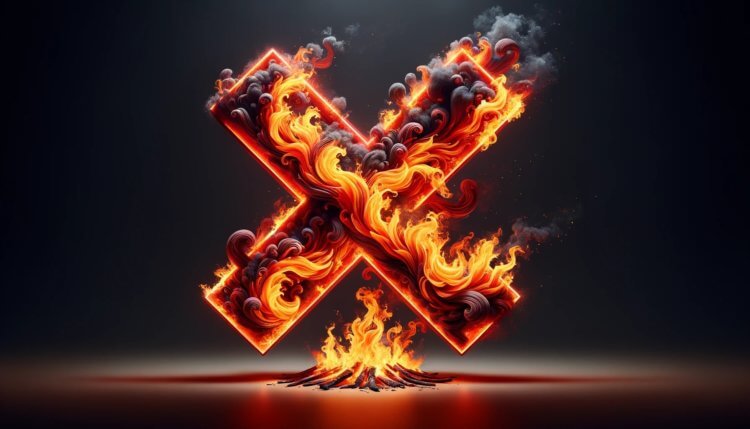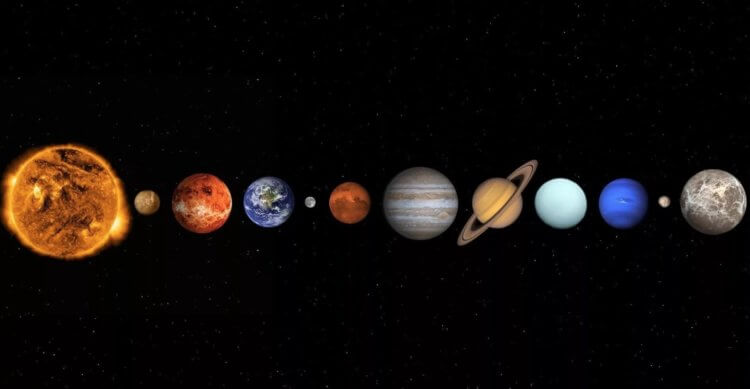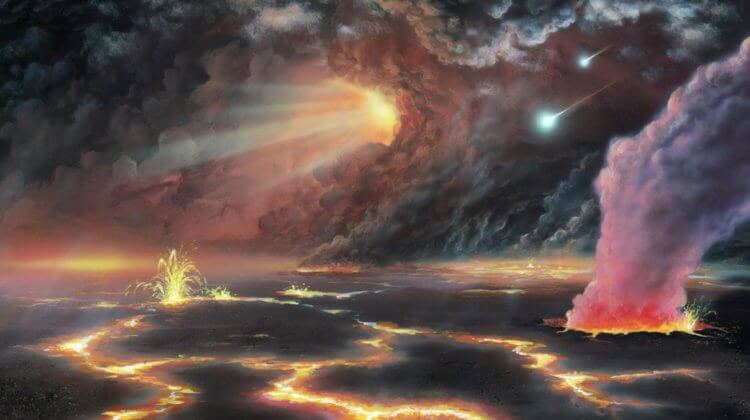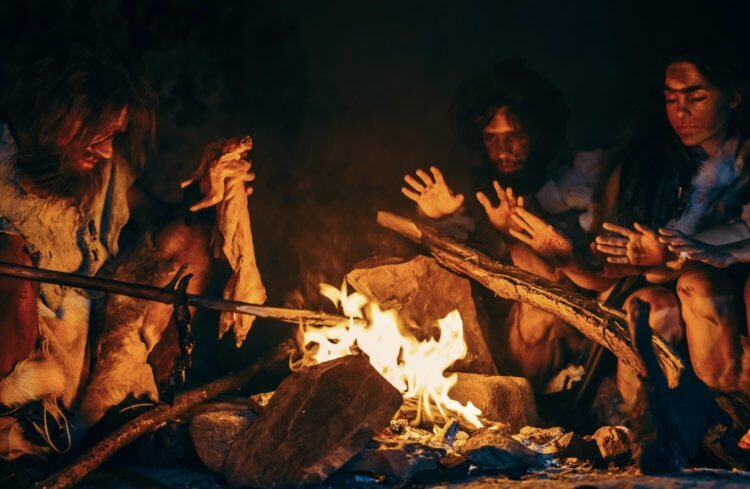The life of a modern person cannot be imagined without fire. First of all, we need it to keep warm – for example, fire is needed in thermal power plants to generate energy. We also use fire to heat water and cook food, because without heat treatment, food can be dangerous due to bacteria and larger parasites. Before the invention of electricity, fire was the only source of light at night and was also used to ward off predators. You might think that fire is a phenomenon that has existed on Earth since the very moment the planet appeared. But in reality this is far from true, and there has been no fire for billions of years. Now we will briefly but in detail talk about the reasons for the absence of fire on prehistoric Earth.

Billions of years ago the Earth was unsuitable for fire
On what planets there is fire
According to the scientific publication IFL Science, planet Earth is the only one on which fire has ever burned. The hottest planet in the solar system is Venus, and there are many volcanoes on its surface, but there have never been real fires on it. Also, there is no fire either on Mercury, or on Jupiter, or on any other planet surrounding our star.

Earth is the only planet in the solar system where real fire arose. Image source: hi-tech.mail.ru
Scientists believe that for billions of years there was no fire on Earth either. Of course, our planet was very hot due to the abundance of volcanoes, but only hot magma splashed out from their vents. But there were no fires during the eruptions. Science has convincing evidence that fire simply could not burn on Earth for billions of years in a row.
You will be interested:Why pistachios can spontaneously combust during transportation
What is needed for a fire to occur
As you know, fire is the result of a chemical reaction, and strictly certain conditions are required for its occurrence. The main factor for maintaining combustion is the presence of oxygen, and in the first billions of years after the formation of the Earth, this gas was critically small in the atmosphere.
For example, about 2.4 billion years ago, the Earth's atmosphere was a thick haze of methane. This composition was due to the appearance of bacterial life on the planet. Then cyanobacteria appeared on the planet, which learned to generate energy from sunlight – in the process they released oxygen into the atmosphere, but its concentration was still low to support combustion. In addition, in ancient times, most earthly materials were too wet and dense to start burning.

Billions of years ago the Earth was hot, but real fire did not exist. Image source: sciencephoto.com
Scientists do not know the exact time of fire on Earth. Judging by the ancient remains, this happened somewhere in the Ordovician period, about 470 million years ago. Then the first plants, mosses, appeared on the surface of our planet. They produced much more oxygen than cyanobacteria, so the conditions most suitable for the occurrence of fire were established on our planet.
The oldest remains of charcoal, which hint at the presence of fire on Earth, formed 420 million years ago. But the first large-scale fires on our planet began only 383 million years ago, because until then the concentration of oxygen in the Earth’s atmosphere fluctuated greatly.
Read also:Ancient fires have already led to massive extinction, the situation repeats itself?
How did people learn to make fire
Scientists also don’t know when exactly people learned to make fire. There is evidence that the discovery of fire occurred approximately 1 million years ago, but this information should be taken with skepticism.
How our ancestors first produced fire is also a big mystery. There is an assumption that they took fire from natural sources such as lightning, volcanoes, and so on. They set fire to sticks, and then brought the fire to their habitats and tried in every way to preserve it. Then, they could transmit this fire to other groups of people, but this is just an assumption without a single scientific proof.

The discovery of fire was one of the main turning points in human history. Image source: rg.ru
Another popular version says that ancient people could make fire by rubbing two dry wooden sticks. The process produced heat or even sparks that set fire to the dry leaves around. To obtain a claim, our ancestors could also use flint.
Be sure to subscribe to our Zen and Telegram channels. This way you won't miss anything interesting!
People learned to make fire in one part of the world, and then somehow passed this knowledge on to others. We talked about how this could happen in the article “How did ancient people from different parts of the world learn about making fire?” A must read!